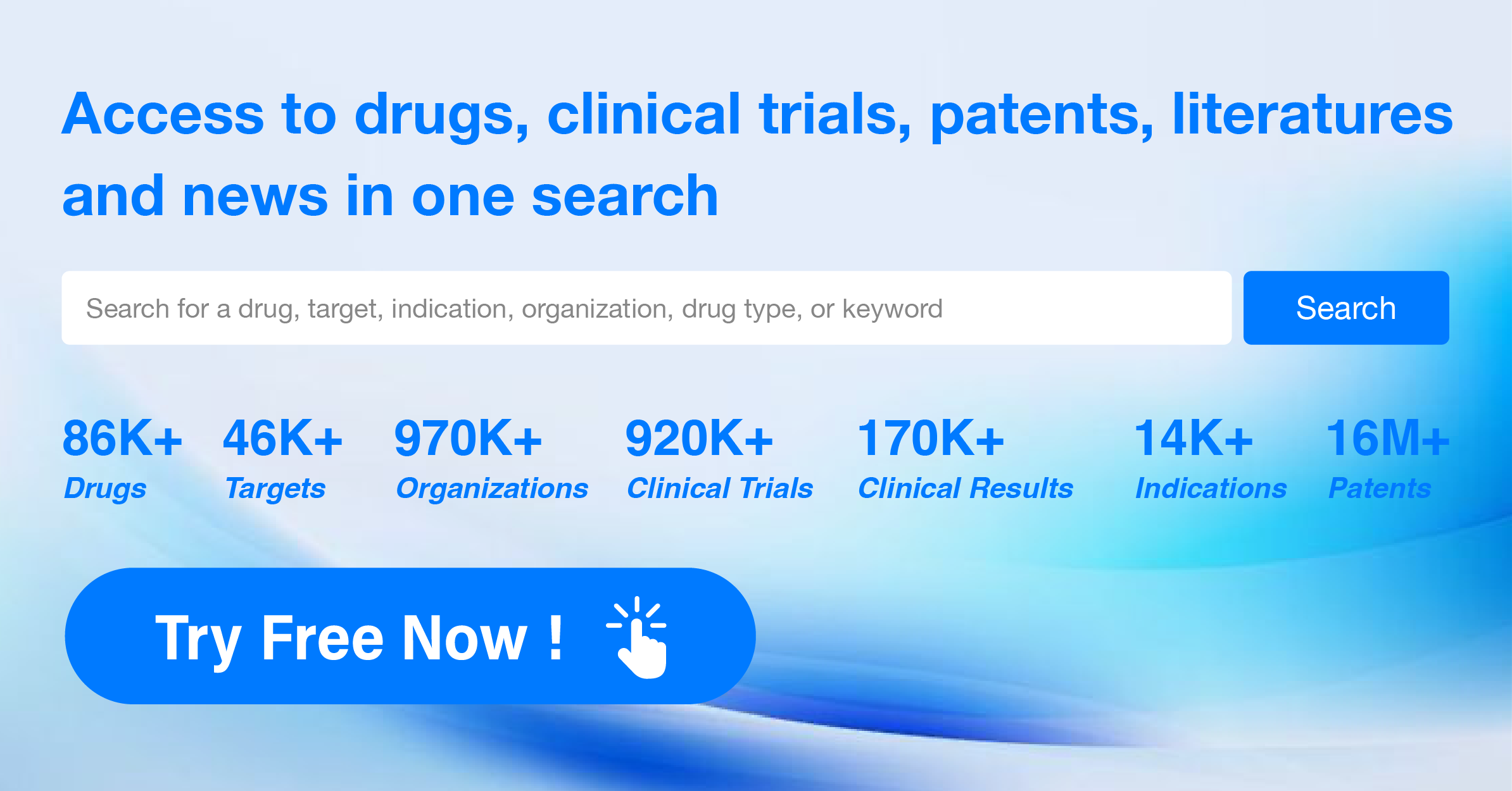Could Oral GLP-1 Therapies Expand Access to the Profitable Obesity Drug Market?
The pharmaceutical industry is experiencing a surge in the sales of injectable GLP-1 drugs for weight loss, with Eli Lilly's Zepbound recently surpassing Novo Nordisk's Wegovy in new U.S. prescriptions. As obesity continues to be a significant health issue worldwide, the potential market for these drugs is estimated to surpass $100 billion, prompting companies to invest heavily in research and development. The next frontier in this field is the development of an easy-to-use oral GLP-1 drug, which could revolutionize patient access and affordability.
Several companies, including Pfizer, Roche, and smaller biotech firms, are in a race to develop an oral GLP-1 drug that matches the effectiveness of current injectable treatments. An oral form could significantly lower costs and expand patient access globally, according to Graig Suvannavejh, an equity research analyst at Mizuho Americas.
Eli Lilly is at the forefront of this competition, with its small molecule orforglipron in Phase III trials. The company has already begun increasing manufacturing capacity in anticipation of the drug's late-stage development. Phase II data showed significant weight loss for patients taking orforglipron, with results comparable to those of the Zepbound injection. Novo Nordisk is also making strides with its next-generation co-agonist amycretin, which demonstrated substantial weight loss in Phase I trials.
Roche entered the obesity treatment market with the acquisition of Carmot Therapeutics, gaining access to dual agonists targeting GLP-1 and GIP receptors, as well as an oral GLP-1 drug in Phase I development. Pfizer is focusing on a once-daily oral formulation of its GLP-1 receptor agonist danuglipron, which is currently in Phase I trials. Viking Therapeutics is developing both injectable and oral formulations of a dual GLP-1/GIP receptor agonist, with promising Phase I data indicating dose-dependent weight loss. Structure Therapeutics' oral small molecule GLP-1 asset has shown potential in Phase II trials, with plans to initiate a Phase IIb obesity study later in 2024.
The current injectable GLP-1 drugs face challenges in accessibility due to cost and limited insurance coverage. Weight loss medications are not covered by Medicare for obesity, and Medicaid coverage varies by state. Commercial insurers may cover these drugs if the employer opts in, but many require prior authorization. An October 2023 survey revealed that only about a quarter of corporate health insurance plans cover GLP-1 drugs for weight loss, with an additional 13% considering adding coverage by February 2024.
The approval of oral GLP-1 drugs is expected to alleviate some of the pricing burden and potentially lead to better insurance coverage. Additionally, the oral form could address the issue of needle aversion, which is believed to contribute to the underutilization of current obesity injections. The manufacturing process for injectable peptides is complex, and the introduction of oral formulations could ease the current bottleneck in drug supply. The simplicity of producing an oral medication compared to a sterile injectable product could also help maintain medication consistency for patients.
In conclusion, the development of oral GLP-1 drugs represents a significant advancement in the treatment of obesity, with the potential to improve accessibility, affordability, and patient compliance. As companies continue to innovate and compete in this space, the global focus on addressing obesity is likely to yield new and effective treatment options for patients worldwide.
How to obtain the latest research advancements in the field of biopharmaceuticals?
In the Synapse database, you can keep abreast of the latest research and development advances in drugs, targets, indications, organizations, etc., anywhere and anytime, on a daily or weekly basis. Click on the image below to embark on a brand new journey of drug discovery!




